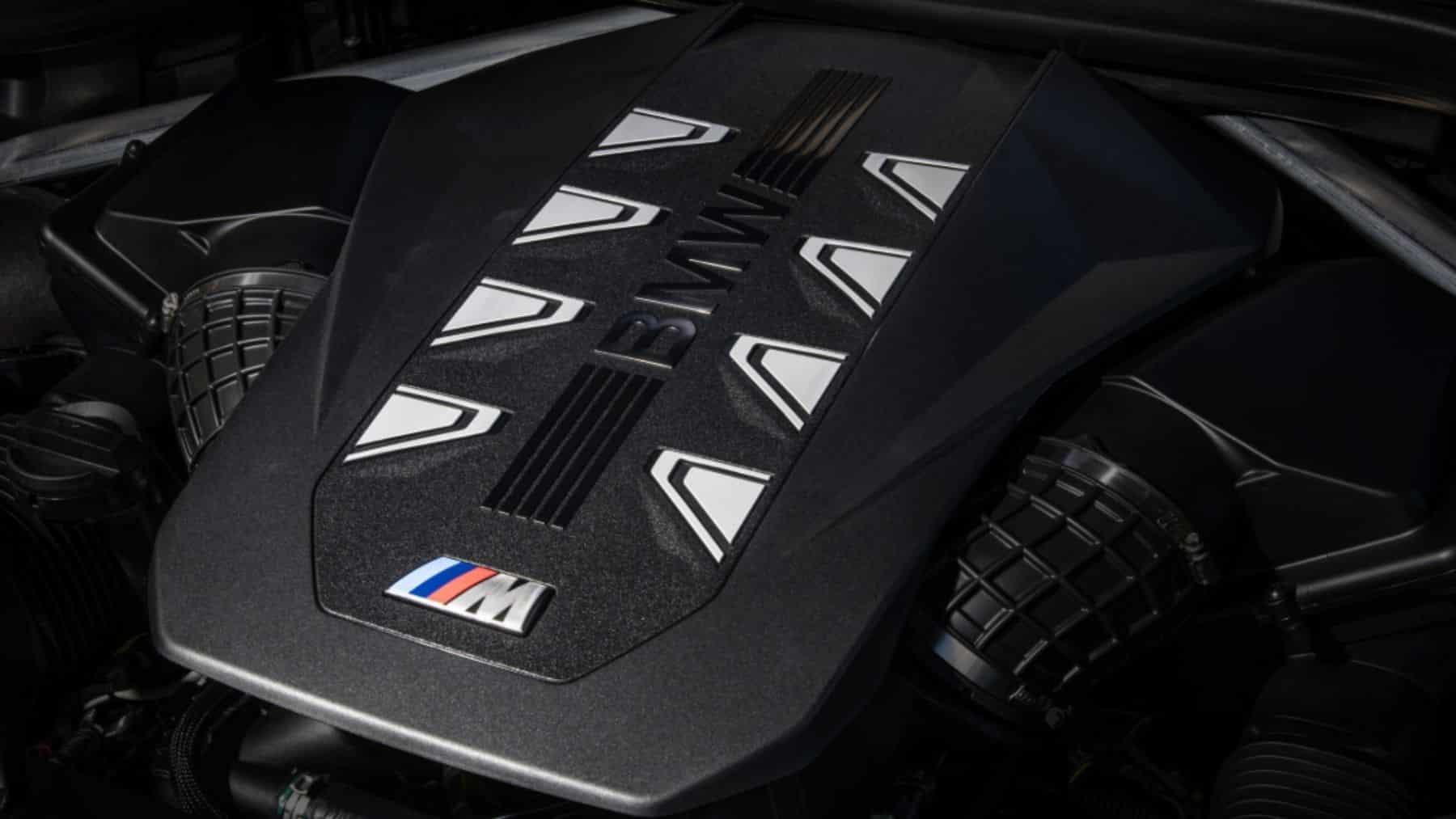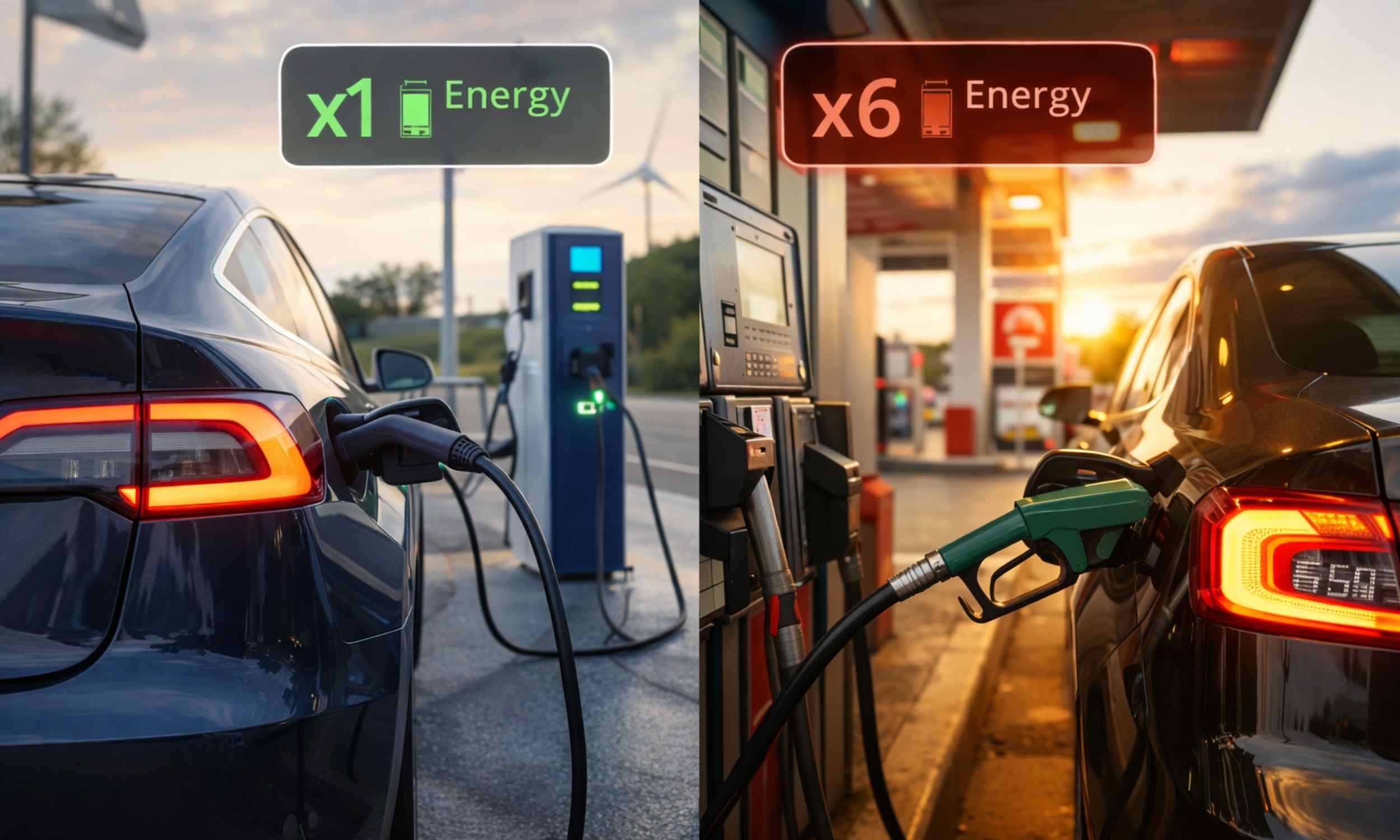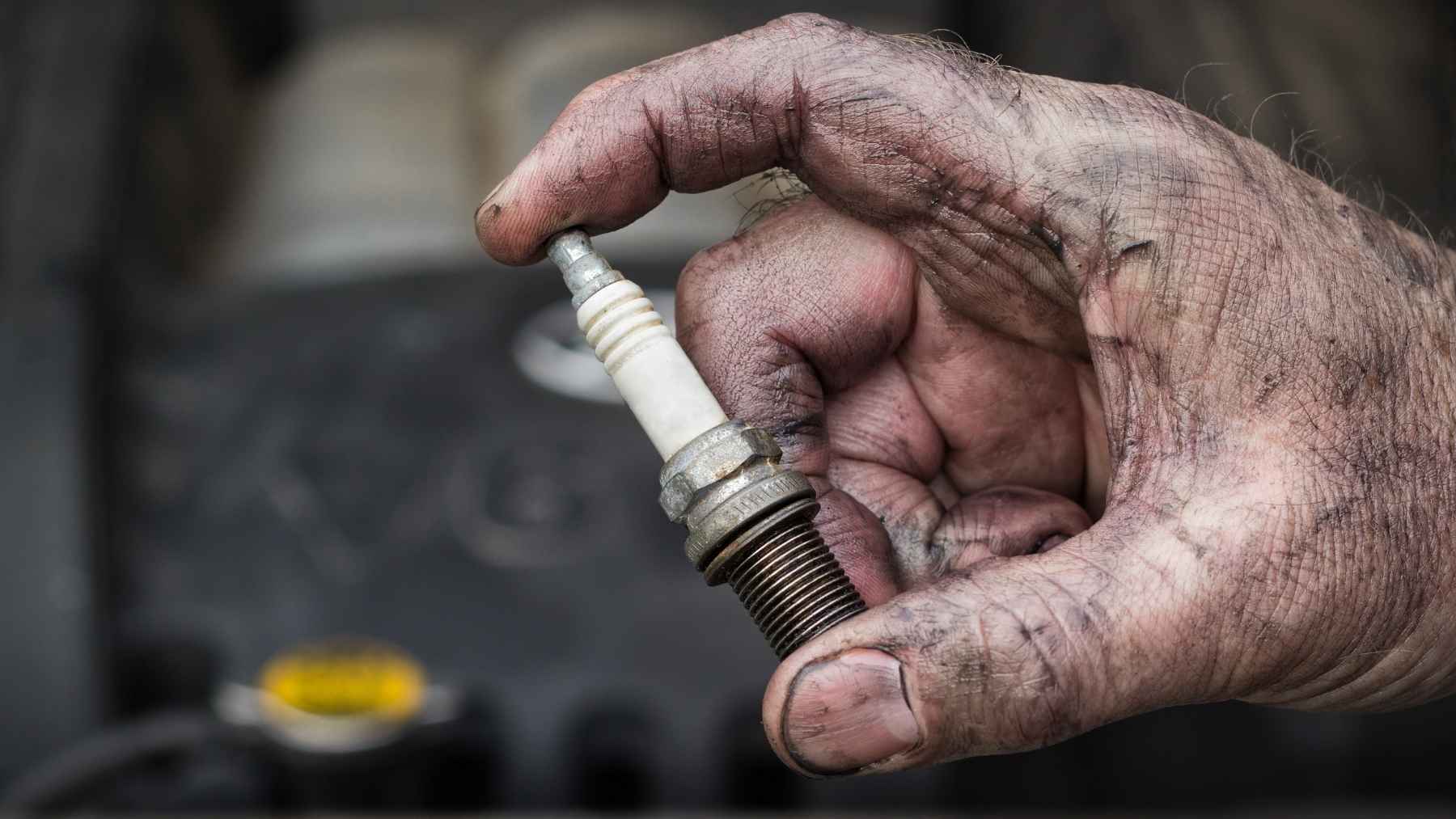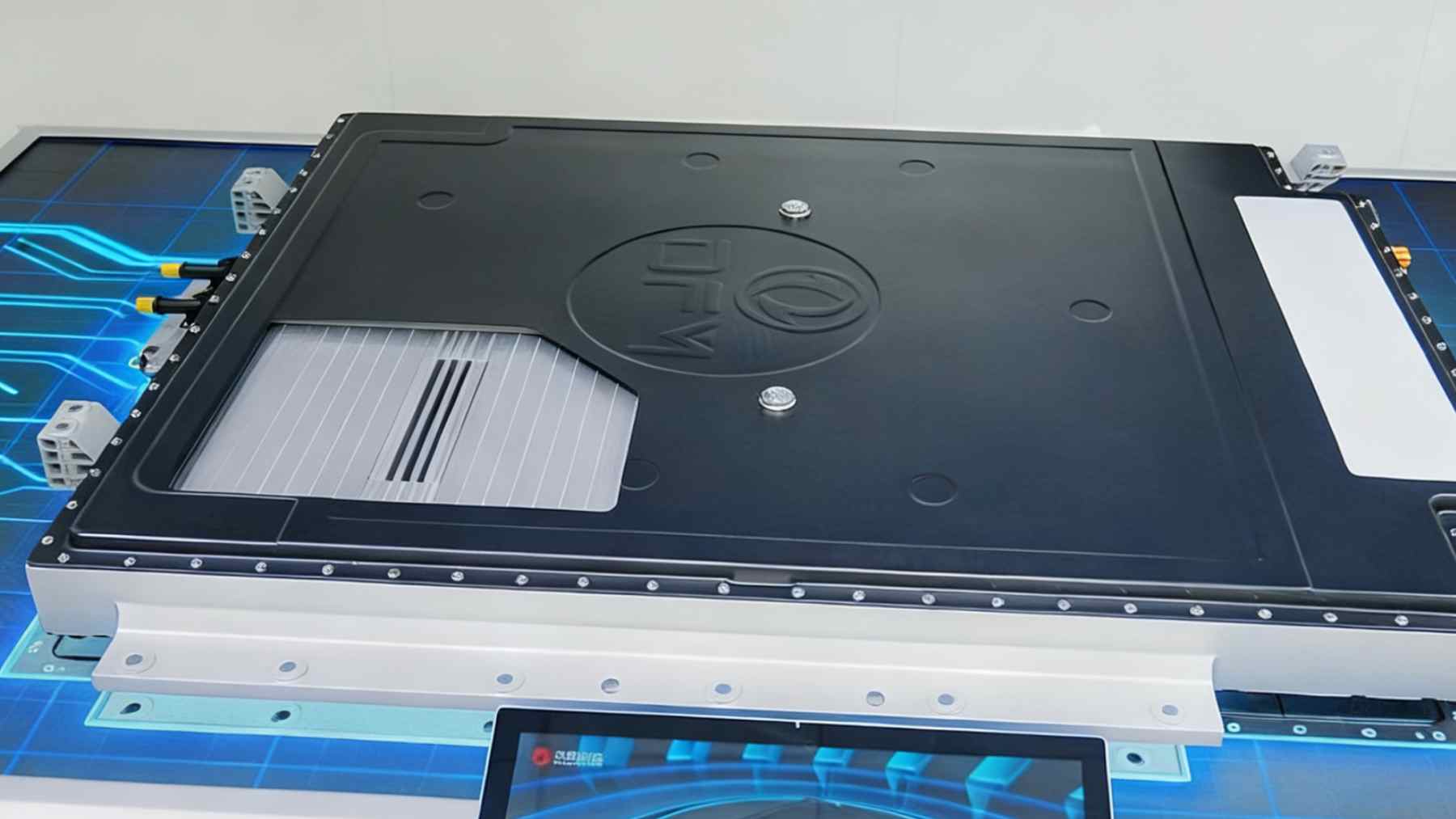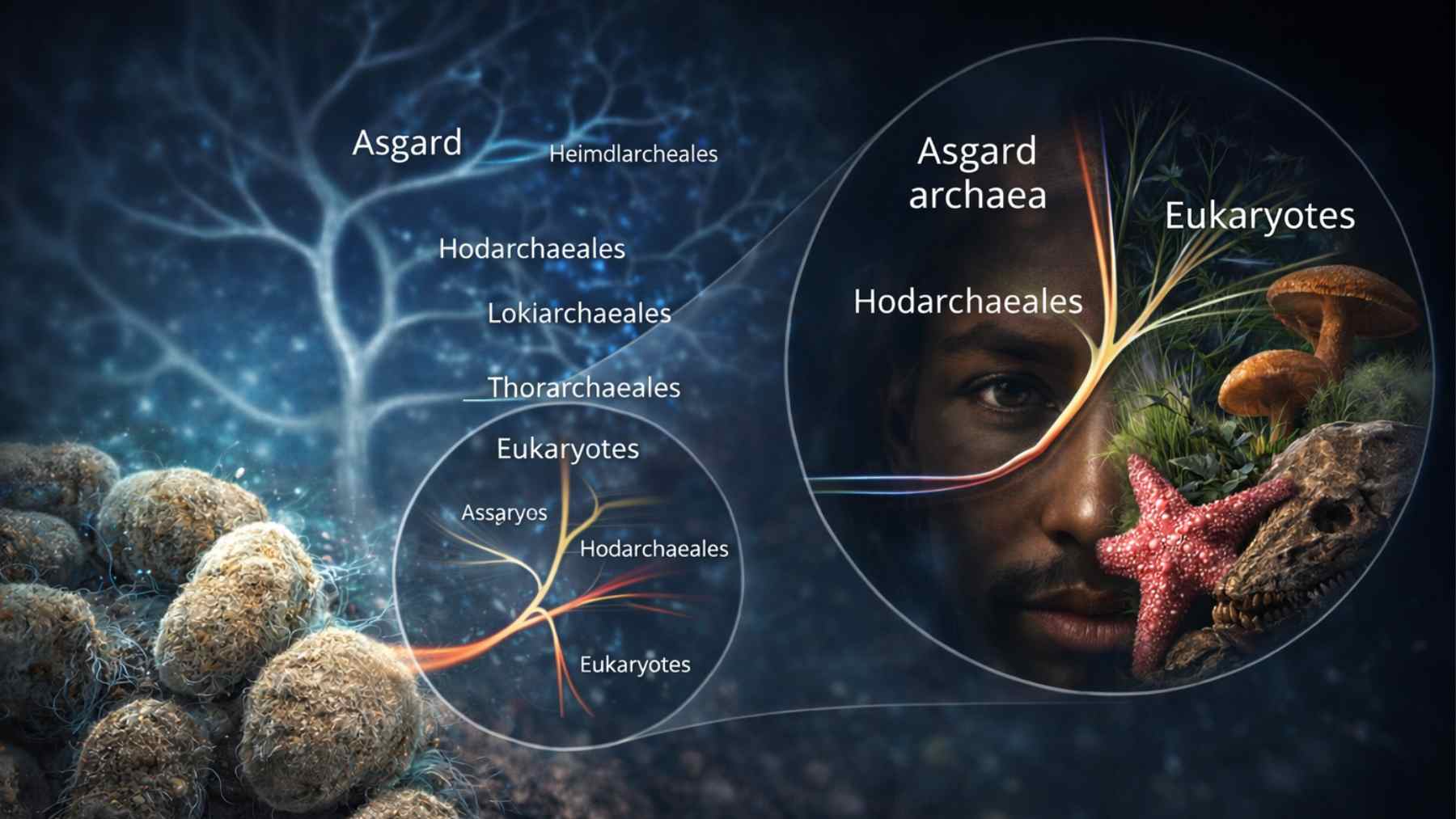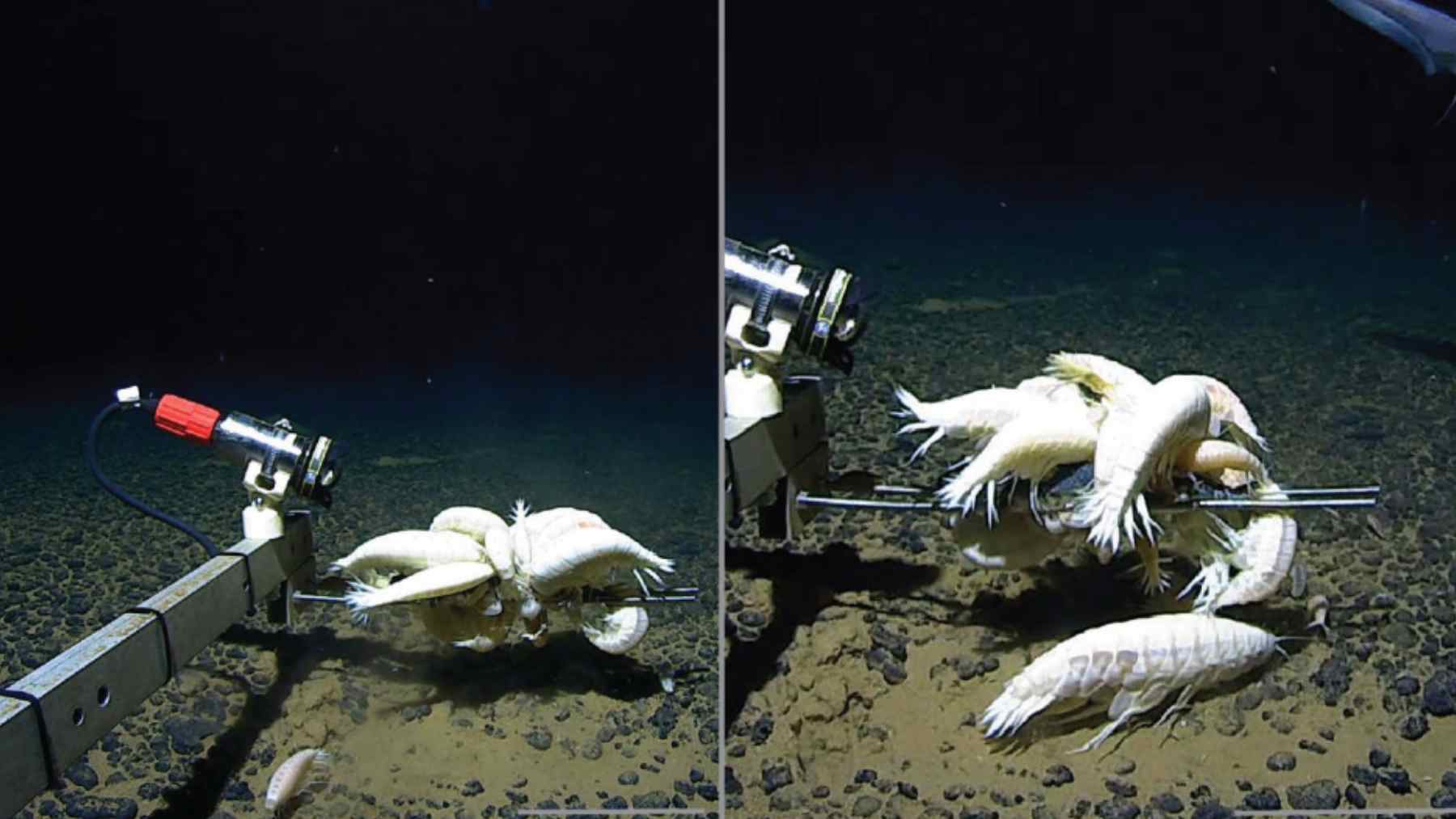While the rest of the world is racing toward electrification, BMW is on a lane of its own, a lane that doesn’t leave behind traces of that internal combustion engine (ICE) as yet. Although BMW rivals are backing electric vehicles fully, BMW is doubling down on ICE innovation with their latest patent having the power to change the way citizens view gasoline engines. BMW patent unveils its best-kept secret yet.
The secret revealed: combustion system
In a surprising turn of events, this German automaker filed a patent for a new combustion system that will redefine the efficiency, performance, and longevity of traditional engines. The new combustion system centers on a pre-chamber combustion, a concept borrowed from vintage diesel technology, that has now been modernized for gasoline engines. As opposed to other conventional ignition systems, this particular design brings forth a pre-chamber with strategically placed openings.
A spark plug further ignites a fuel-air mixture in the pre-chamber, sending high-energy jets into the main chamber for more efficient combustion. As opposed to being a mere technological upgrade, BMW is convinced that these combustion engines still have a future, and the future of this combustion engine is powered by a specific type of fuel.
BMW wants to go all in on this fuel
Despite the patent not explicitly locking the new combustion system into one fuel, BMW insiders and industry speculation are relying on hydrogen being center of this secretive plan. Hydrogen-powered internal combustion engines (H2-ICE) creates somewhat of a bridge between conventional powertrains and fully electric drivetrains. They merely emit water vapor, allowing for quick refueling times, and using existing engine components.
BMW has ever since been secretly testing hydrogen in fuel cell and combustion formats for several years. Along with a novel pre-chamber design, cleaner combustion makes hydrogen combustion more viable than ever. Unlike its competitor electric vehicles that rely on lithium-ion batteries, the H2-ICE does not rely on these rare earth metals or other foreign-dominated battery supplies. The decision to depend less on rare earth metals and foreign-dominated battery supply chains is strategic and one that BMW’s CEO Oliver Zipse emphasized recently at the Paris Motor Show.
BMW’s CEO, Zipse, expressed more skepticism about Europe’s aggressive EV mandates, citing rising costs, supply chain concerns, and cooling demand for electric cars. Instead of threading on unsteady ground like other EV manufacturers, the BMW CEO mentioned BMW’s need for Hydrogen which can be locally produced and effortlessly integrated into existing fuel infrastructure with minimal environmental impact.
Timeless engineering and redesign
Adaptability is core in BMW’s pre-chamber combustion design. As per the patent, the technology can be scaled across various engine formats, from small three-cylinders to powerful V8s. Irrespective of whether you’re driving an entry-level sedan or driving a performance-tuned M model, the same principles of efficient combustion and clean operation could apply.
BMW’s patent features a split-electrode configuration that enhances thermal management and prevents misfires which is an essential component in high-compression hydrogen engines. This innovation opens the door to longer-lasting, high-performance engines that don’t sacrifice sustainability. Find out more about why BMW wants nothing to do with hydrogen and have invested everything in this engine.
A strategic move forward
BMW’s embrace of hydrogen combustion isn’t just about its nostalgia for roaring engines; BMW is looking forward to mobility in a fragmented global market.
The upcoming G65 X5, due for release in 2026, may be the first model to feature this next-gen combustion system. This could stipulate the beginning of a new family of efficient, cleaner-burning ICE vehicles powered 100% by hydrogen.
With the reduced hype for EVS, BMW’s latest patent could be its boldest move towards its vision of driving without compromise, powered by hydrogen and engineered by the aesthetic of a new kind of future. BMW’s reveal is somewhat like that of Korea unveiling the ‘coolest’ engine in history.
